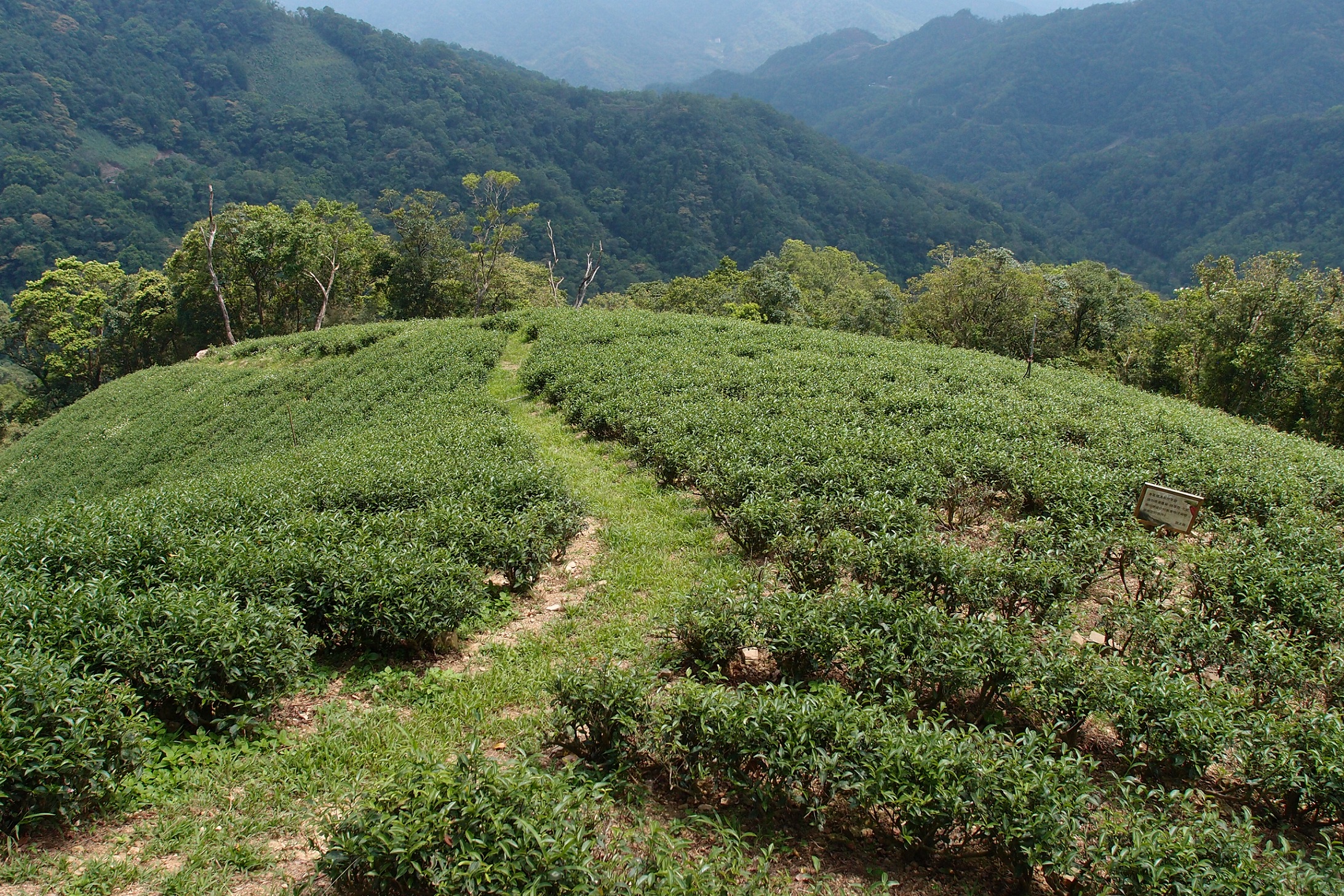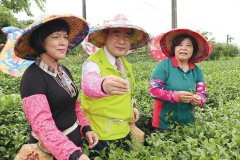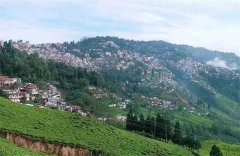The number and species of spiders in tea gardens with beneficial organic farming are more than those used to do.
Spiders are the natural enemies of tea pests such as "tea horn blind Toona sinensis". The ecology of spiders in tea garden is rich, which is helpful to eliminate tea pests, and it is also an important index of biodiversity in tea garden. The Center for endemic Biology Research and Conservation of the Council of Agriculture conducted a field investigation of spiders in Yuci Township of Nantou County and the tea area of Ping Forest area of New Taipei City in the past two years. It was found that the number and species of spiders in organic tea gardens were more than those in conventional tea gardens, indicating that organic agriculture is beneficial to the survival of spiders, the natural enemies of insect pests.

Agricultural activities provide a variety of human food, but also to a considerable extent change the natural environment, the use of chemical pesticides and fertilizers are more likely to cause environmental pollution and biodiversity damage. Spiders are one of the important natural enemies in agro-ecosystem, which are not only more species and widely distributed, but also more numerous than ladybugs, mantis and other pest natural enemies, but also have diverse living habits, including web-forming spiders, as well as many types of non-web-forming inter-leaf hunting and surface hunting, which are indicators of field biodiversity. The more the number, the more abundant the field ecology.
The special health center has carried out a tea garden spider survey project in Xinbei Pinglin tea area since 2017 and Nantou Yuchi tea area since 2019. Taking last year's survey data as an example, the average number of spiders per sample area in organic tea garden in Yuchi tea area is 278 and that in habitual tea garden is 209. The average number of spiders in organic tea garden and habitual tea garden in Pinglin tea area was 141 and 112 respectively, which showed that the number of spiders in organic tea garden was significantly higher than that in habitual tea garden, especially the jumping spiders, bag spiders on tea trees and tarantula moving at the bottom of the ground.
In terms of spider species, there were 51 species of spiders in fish pond organic tea garden, 41 species of habitual tea garden, 41 species of organic tea garden and 37 species of habitual tea garden, and the number of species in organic tea garden was also higher than that in habitual tea garden, but there was no significant difference in the cluster composition of spider species.
The special health center also paid attention to the influence of the degree of grass vegetation cover on the spider population in the tea garden. The survey found that, regardless of organic tea garden or habitual tea garden, the higher the height or cover degree of grass vegetation, the higher the number of spider species or hunting spiders in the field. Luo Yingyuan, an assistant researcher at the special health center, said that the grass environment provides a suitable living environment for insects, and there are many spiders that feed on insects; moreover, the grass environment also provides a proper hiding environment for hunting spiders such as jumping spiders, cat spiders and tarantulas, which can avoid being preyed on by natural enemies such as birds, lizards, bees and bats, so the number is significantly increased, and the management of vegetation can create a more friendly habitat for field spiders.
In addition, six newly recorded species of spiders from Taiwan were found, including Ummeliata feminea, Neoantistea quelpartensis, Burmattus pococki, Parasteatoda transipora, Platnickina maculata and Bristowia heterospinosa. The discovered areas are limited to organic or habitual tea gardens.
- Prev

A probe into the Beauty of Tea Garden
In the footsteps of Hu Zhongyi, Director of Agriculture and Food, he personally visited the Huadong Tea Garden to see who was the master of the tea. Taiwanese love to drink tea, but few people actually go to the producing area to see the appearance of tea. In order to make more people feel the beauty of Taiwan's tea village, the Agriculture and Food Administration launched it in 2014.
- Next

The price of Indian tea is expected to rise due to the drought epidemic.
In addition to commodities, the prices of other commodities also continue to rise. Under the double attack of severe drought and worsening epidemic situation, India, the world's second largest tea producer, is facing the threat of declining production and stagnant tea production, which may push up tea prices again.
Related
- The first cup of black tea in spring, the flavor and history of tea gardens in Kenya, Africa
- The computer can not only choose potatoes, but also grow tea rice. AI will grow winter oolong tea champion.
- It is not only the inflated tea bitten by insects, but also engraved with the four seasons tea in Beipu.
- The Oriental Beauty Tea Festival in Zhuxian County takes the stage at the weekend to experience the plus-size feast of oil tea.
- & quot; Oriental Beauty Tea & Exploration of Emei in Hsinchu, the hometown of quot;
- The new variety of strawberry "Tainong 1" dessert is the first choice with mellow aroma. Crimson gorgeous
- History of Tea in Taiwan: from Wild Inner Mountain to Export Tea Garden
- Two types of Taiwan Oriental Beauty Black Tea won the British three-Star Award for Childhood Tea Xiang Zhang Jiaqi changed from pilot to champion tea maker.
- Banana species and varieties: the planting history of Taiwan Xianren banana and dwarf banana is long, is banana disease resistant?
- Coffee planting Technology: Qianjie Coffee from Seedling to harvesting

